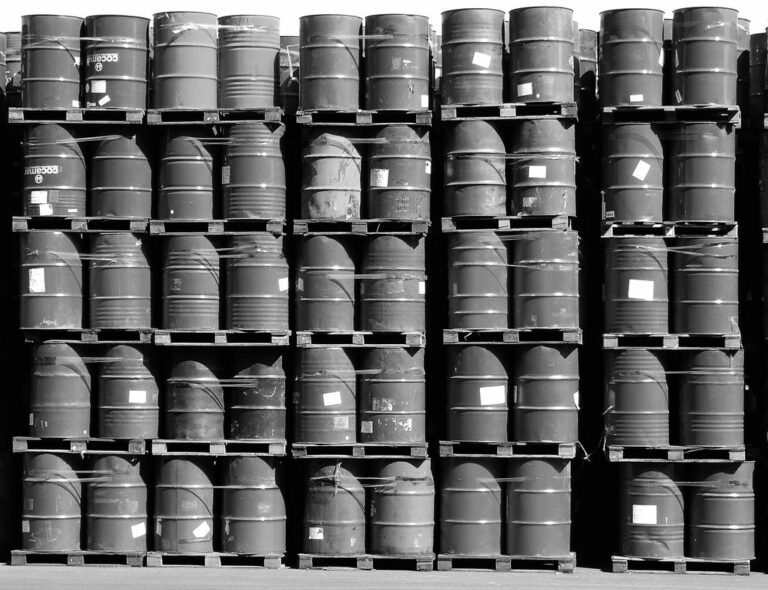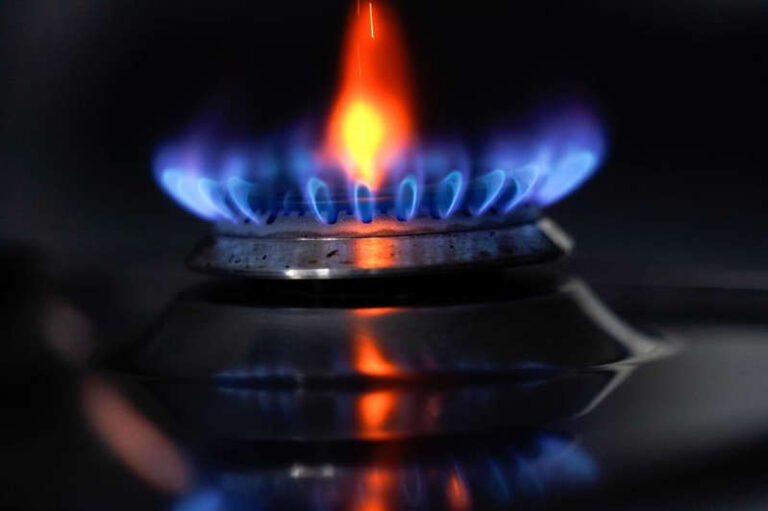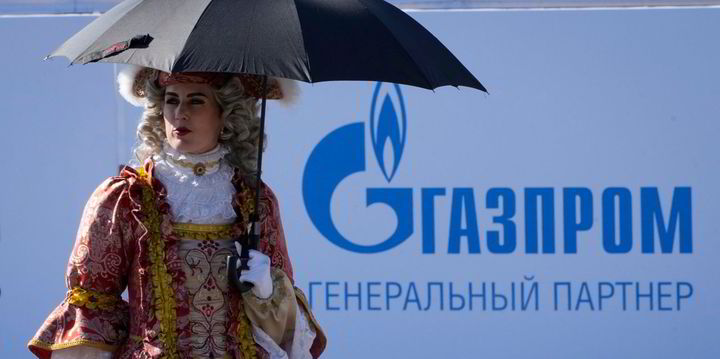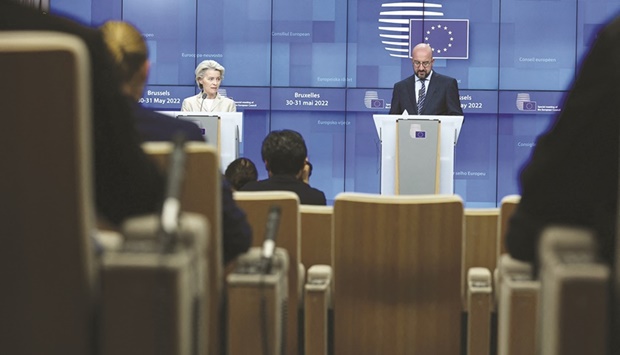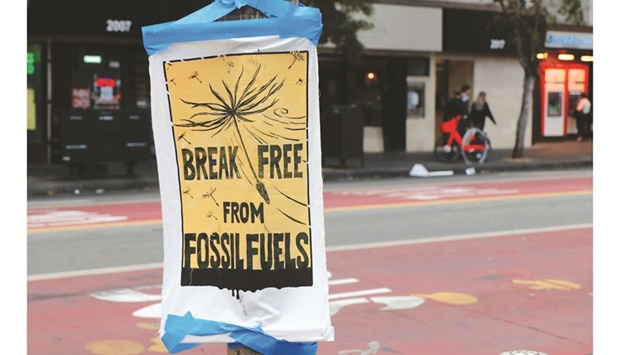رياح المتوسط تنتج طاقة تضاهي طاقة المفاعلات النووية في العالم
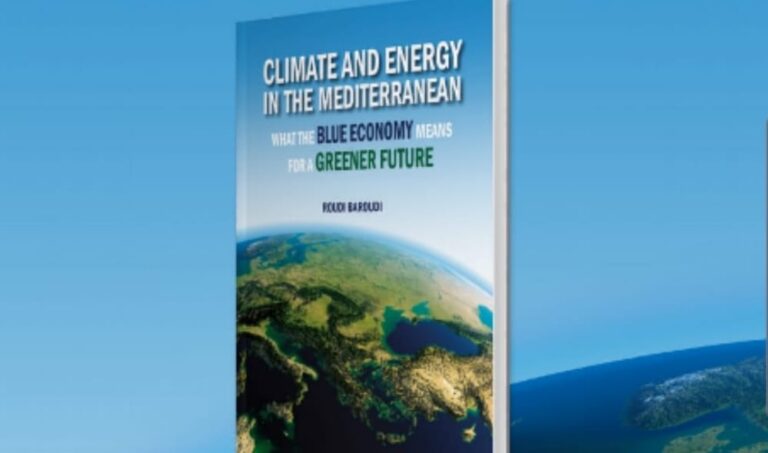
في الوقت الذي يفتش فيه لبنان عن وسائل ليست مكلفة لإنتاج الطاقة الكهربائية تاتي الأدلة تباعا التي تشير إلى أن استغلال الشمس والرياح في حوض البحر الأبيض المتوسط هي وسائل قادرة على تأمين الطاقة لدول عديدة في المنطقة ومن ضمنها لبنان الذي يتخبط منذ ٢٥ عاما من أجل تأمين الكهرباء من خلال الطاقات البديلة ورغم هذا التخبط يبقى الأمل موجودا إن وجدت الإدارة والإرادة لتفعيل هذا الملف،وفي هذا الإطار أتى الكتاب الجديد لرودي بارودي الرئيس التنفيذي لشركة استشارات الطاقة والبيئة القابضة ومقرها في الدوحة.
وقال الكتاب إن أنتاج الطاقة بواسطة رياح البحر الأبيض المتوسط الساحلية يمكنه أن يضاهي انتاج الطاقة من المفاعلات النووية في العالم أجمع،و أنه إذا اتخذت الدول الأورو-متوسطية الخيارات الصحيحة، فإن الطاقة المتجددة بالإضافة لأنشطة “الاقتصاد الأزرق” الأخرى المتعلقة بالبحر يمكن أن تشكل الأساس لنهضة اقتصادية إقليمية.
الكتاب وهو بعنوان “المناخ والطاقة في البحر الأبيض المتوسط:”ما يعنيه الاقتصاد الأزرق لمستقبل أكثر خضرة”،وقد نُشر هذا الكتاب من قبل شبكة القيادة عبر الأطلسي،وهي مؤسسة فكرية مقرها واشنطن العاصمة، بالتعاون مع مطبعة معهد بروكينغز.
يحث الكتاب صانعي السياسات على اغتنام فرصة تاريخية أصبحت ممكنة من خلال التقدم التكنولوجي السريع،ويدعو بارودي الحكومات المتوسطية للتعامل مع البحر ككنز مشترك عابر للأجيال، من خلال الاستفادة بشكل أساسي من التقنيات الجديدة لإدارة موارده واستغلالها بأمان وبشكل مستدام لتحقيق أقصى فائدة ممكنة منه على المدى الطويل.ويحتوي الكتاب على دراسة حصرية أجرتها شركة فوغرو Fugro، المزود الرائد عالميًا للذكاء الجغرافي،والتي تقدر إمكانات طاقة الرياح البحرية في منطقة البحر المتوسط بحوالي 500 مليون ميغاواط – أو ما يعادل تقريبًا إنتاج الطاقة من جميع المفاعلات النووية البالغ عددها 440 على الكوكب.

و قال بارودي، الذي عمل في مجال الطاقة لمدة أربعة عقود، إنه في حين أن تغير المناخ وتلوث الهواء والحاجة إلى تقليل انبعاثات الكربون هي في حد ذاتها أسباب قوية للاستثمار في الطاقة الخضراء،فإن النتائج ستتجاوز بكثير الفوائد البيئية.
ولفت في خلال مؤتمر حوارات أثينا للطاقة،حيث تم إطلاق الكتاب بشكل مبدئي قبل طرحه الرسمي في وقت لاحق من هذا العام في واشنطن،إلى أن تقديرات قوة الرياح التي استخدمتها تستند إلى التقنيات القياسية الحالية المستخدمة في يومنا هذا و لن تحصل البلدان التي سوف تتبنى طاقة الرياح على الأسبقية في التحول من الوقود العادي إلى الطاقة النظيفة فحسب، بل ستكسب أيضًا مزايا اقتصادية واجتماعية ومزايا أخرى.
وأكد بارودي إن طاقة الرياح ستوفر على تلك البلدان المليارات من واردات النفط والغاز، وستزيد من أمن الطاقة لديها، وتجعل اقتصاداتها أكثر قدرة على المنافسة و سوف يجنب الهواء النظيف سكان تلك البلدان الأمراض والأوبئة، وسيوفر التطور والتنمية الصاعدة وظائف أكثر وأفضل لسكانها، ويحد من الفقر وعدم المساواة. وفي كثير من الحالات، ستوفر صادرات الطاقة المزيد من الإيرادات للاستثمارات في مجالات التعليم والنقل والبنية التحتية.
وقال بارودي: أشجع بقوة على الاستفادة القصوى من فرصنا كمنطقة واحدة، وكذلك على الحفاظ على موارد الطبيعة للأجيال القادمة. أردت أن يساعد الكتاب في جعل أكبر عدد ممكن من الأشخاص يفهمون القرارات المعروضة علينا ويفعلون كل ما في وسعهم – سواء أكانوا صانعي سياسات، أو مستثمرين أو أصحاب اعمال صغيرة أو مهندسين أو مواطنين، أوما إلى ذلك – لضمان اتخاذ القادة وغيرهم من صناع القرار الخيارات الصحيحة.
وأضاف بارودي: ما أقترحه هو أنه يمكننا ويجب علينا استخدام جميع الوسائل المتاحة لدينا، ليس فقط لإنتاج الطاقة النظيفة باستخدام الرياح البحرية، والطاقة الشمسية، والأمواج، والمد والجزر، والطاقة الحرارية الجوفية تحت سطح البحر، ولكن أيضًا لإعادة اختراع الركائز الأخرى للاقتصاد الإقليمي، من تربية الأحياء المائية ومصايد الأسماك التقليدية إلى السياحة والنقل البحري.
وختم بارودي كلامه بالقول يمكن للمعدات الحديثة والتطبيقات المبتكرة أيضًا أن توسع اقتصادنا الأزرق ليشمل مجالات مثيرة مثل الأبحاث البيولوجية لاكتشاف أدوية جديدة، أو التعدين الآمن والمسؤول في أعماق البحار للتنقيب عن المواد الحيوية المستخدمة في صناعة الهواتف المحمولة والبطاريات المتطورة التي ستساعدنا على الابتعاد عن الوقود العادي.
